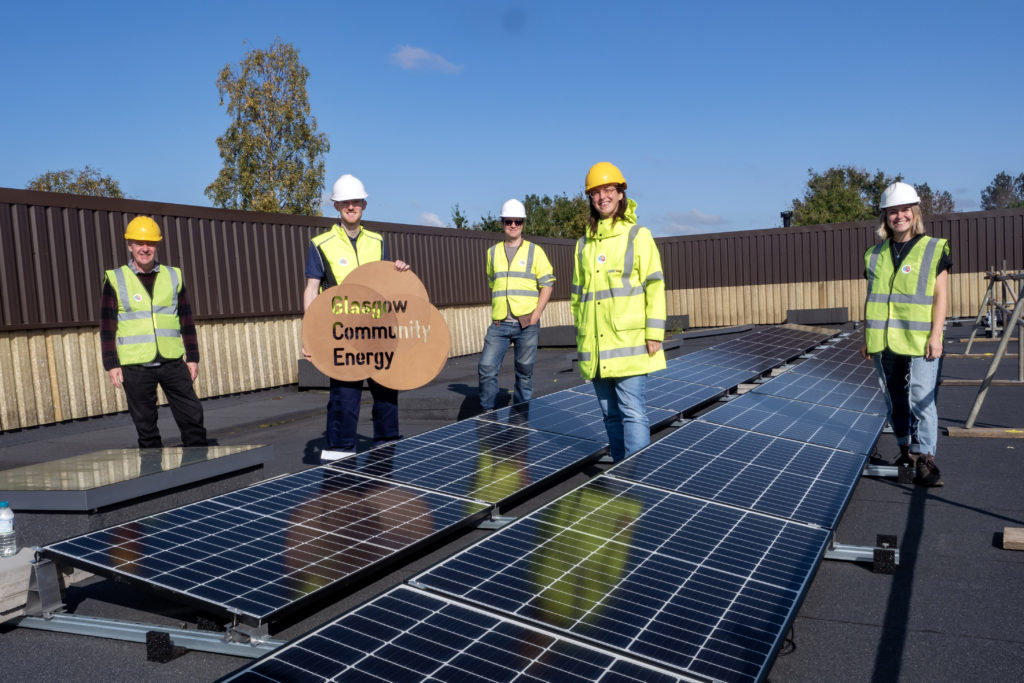
Thinking about investing in Glasgow Community Energy?
Want to find out more?
Our volunteer team is offering three online Q&A sessions, before the Community Share Offer closes on Friday 18 June 2021.
Please register via the Zoom links below, and we look forward to seeing you there!



